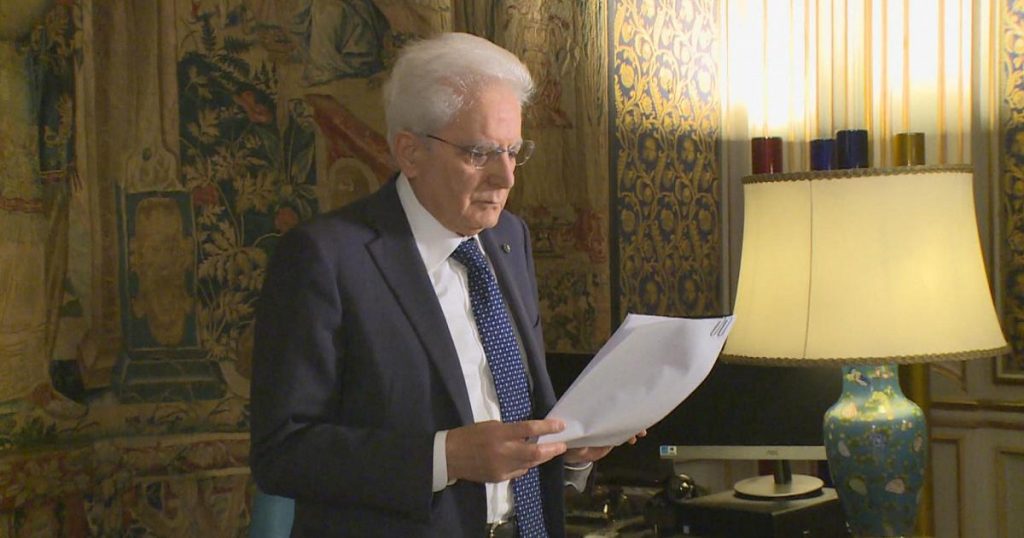The out-of-pocket health expenses paid by Italians have increased by 10% in 2023, leading to 4.5 million people in Italy to forgo medical treatment due to the combination of rising costs and long wait times. This, coupled with regional disparities, medical tourism, and overcrowded emergency rooms, indicates that the Italian national health service is nearing a breaking point. Italy’s health spending lags behind the EU average by 52 billion euros, highlighting the urgent need for investment in the healthcare system. The Gimbe Foundation has labeled the situation as a “public health emergency,” but the health minister assures that sufficient resources will be allocated in the budget for healthcare. President Sergio Mattarella has emphasized once more the importance of the healthcare system as a precious resource and essential pillar for protecting the right to health.
The rising out-of-pocket health expenses are a major concern for Italians, as they are forced to forgo medical treatment due to financial constraints. This has led to an increase in the number of people facing difficulties accessing healthcare, exacerbating the existing healthcare inequalities in the country. The situation is further complicated by the influx of medical tourism and the strain on emergency services, highlighting the need for urgent action to prevent a collapse of the national health service. Italy’s healthcare spending shortfall compared to the EU average underscores the necessity of increased investment to ensure quality and accessible healthcare for all citizens.
The Gimbe Foundation has sounded the alarm on the state of the Italian healthcare system, labeling it as a “public health emergency” due to the increasing out-of-pocket expenses and the high number of people unable to access necessary medical care. This crisis is exacerbated by long wait times and overcrowded emergency rooms, which further strain the already overburdened healthcare system. The foundation’s warning serves as a stark reminder of the urgent need for reforms and increased investment in the healthcare sector to address these pressing issues and ensure the sustainability of the national health service.
Despite the challenges facing the Italian healthcare system, the health minister has reassured the public that there will be adequate resources allocated in the budget to address the growing demand for healthcare services. This commitment to investing in the healthcare sector is crucial in ensuring that all citizens have access to quality medical care without facing financial barriers. President Sergio Mattarella has also emphasized the value of the healthcare system as a vital resource for protecting the right to health, underscoring the importance of prioritizing the health and well-being of the population.
In light of the increasing financial burden on Italian citizens and the strain on the healthcare system, it is clear that urgent action is needed to address the growing challenges facing the national health service. By investing in healthcare infrastructure, addressing healthcare inequalities, and improving access to medical care, Italy can work towards building a more sustainable and effective healthcare system. The government must prioritize the health and well-being of its citizens by ensuring that adequate resources are allocated to the healthcare sector, thereby safeguarding the right to health for all Italians. With concerted efforts and strategic investments, Italy can overcome the current healthcare crisis and build a stronger, more resilient healthcare system for the future.


